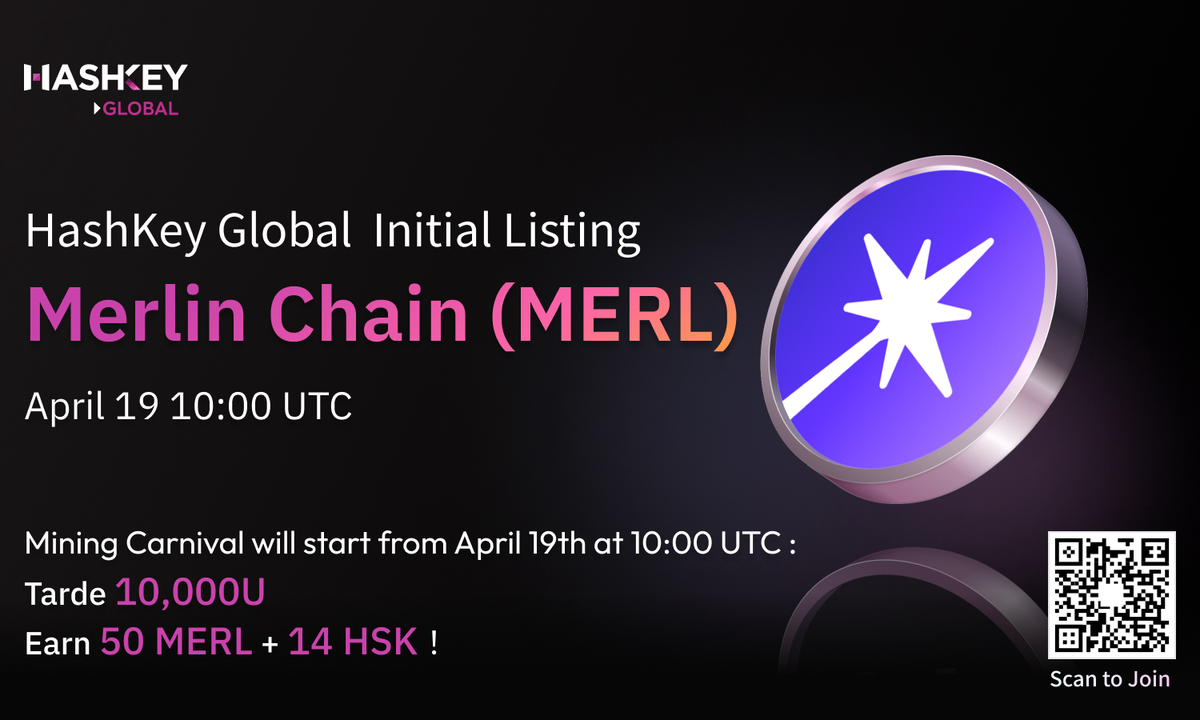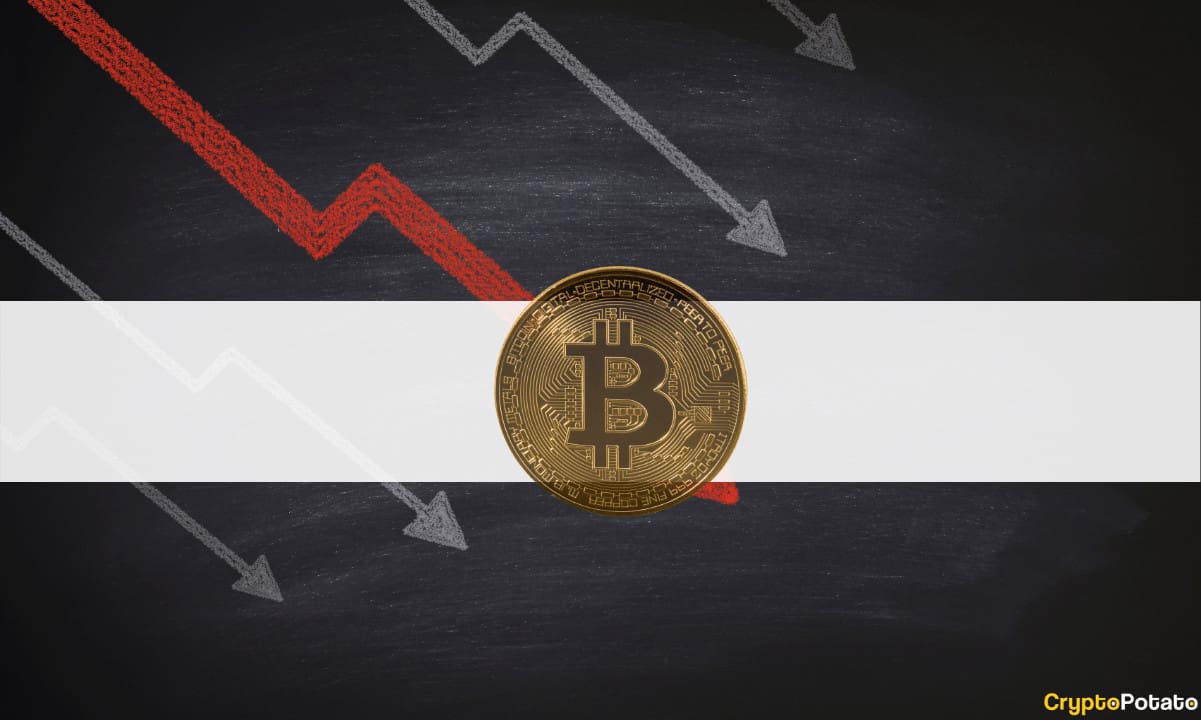Bitcoin Ordinals is Far From Dead Despite ‘Shift in Winds:’ Here’s Why
Bitcoin Ordinals stirred up a frenzy in the community soon after its launch in January 2023. More than eight months later, ordinal inscriptions have maintained their prominence in the Bitcoin network’s activities over the past week.
Despite a sharp drop in sales volume, Bitcoin Ordinals remains very much active.
Ordinals Account for 85% of Activity on Bitcoin
Much like NFTs, ordinal inscriptions are digital assets engraved on satoshis, which are the smallest units of Bitcoin. The ability to inscribe on these satoshis became achievable through the Taproot upgrade that was introduced to the Bitcoin network on November 14, 2021.
According to “Leonidas,” the developer behind Ordinals, Bitcoin witnessed a total of 530,788 transactions within the last 24 hours. Notably, a significant portion of this activity- specifically, 450,785 transactions – was intricately tied to Ordinals. This essentially means that Ordinals accounted for 84.9% of the activity on Bitcoin on August 21.
From Q1 to Q2, Bitcoin Ordinals trading volume surged by 2,834%, hitting a staggering $210.7 million. Ordinals peaked around May after the trading volume and sales count neared $452 million and climbed beyond 832k respectively.
However, “June saw a shift in the winds,” as observed by the DappRadar report last week with the sales volume plunging by more than 76% to $106 million. Furthermore, the sales count also experienced a sharp decline of 60.3%, plummeting to 330,121, indicating subdued trading enthusiasm.
Despite this, Bitcoin currently boasts more than 25.6 million Ordinals inscriptions, as per data from Dune Analytics, increasing by over 20% in just three weeks.
Besides, Bitcoin Taproot utilization has also been holding strong after hitting an all-time high around February which was largely attributed to the emergence of Ordinals on the network. Fast forward to six months later, Ordinals continued to play a crucial role in the adoption of Taproot, contradicting numbers that suggest waning interest in Bitcoin NFTs.
Every bitcoin maximalist cheered Taproot.
Now that it’s actually used for something, they won’t stop screeching about it!
Stop drinking haterade and just vibe. pic.twitter.com/k7RVrHDqh6
— Zack Voell (@zackvoell) August 20, 2023
Non-Profit for Bitcoin Developers
While critics may view Ordinals as exploiting the network, several industry experts have lauded the growth. Ethereum co-founder, Vitalik Buterin recently praised the BRC-20 token standard, suggesting that its growing significance signifies a clear departure from what he perceives as “stagnant” politics that have been affecting the Bitcoin ecosystem.
Meanwhile, the Ordinals protocol team introduced a non-profit organization, called ‘Open Ordinals Institute,’ to fund its open-source development. The California-based Open Ordinals Institute is a registered 501(c)(3) public charity that aims to gather donations in Bitcoin to support the protocol’s development by primarily focusing on its core group of developers.
The initiative will also focus on the creation of user-friendly tools to allow users with less technical expertise to easily create Bitcoin Digital Artifacts.
The post Bitcoin Ordinals is Far From Dead Despite ‘Shift in Winds:’ Here’s Why appeared first on CryptoPotato.









